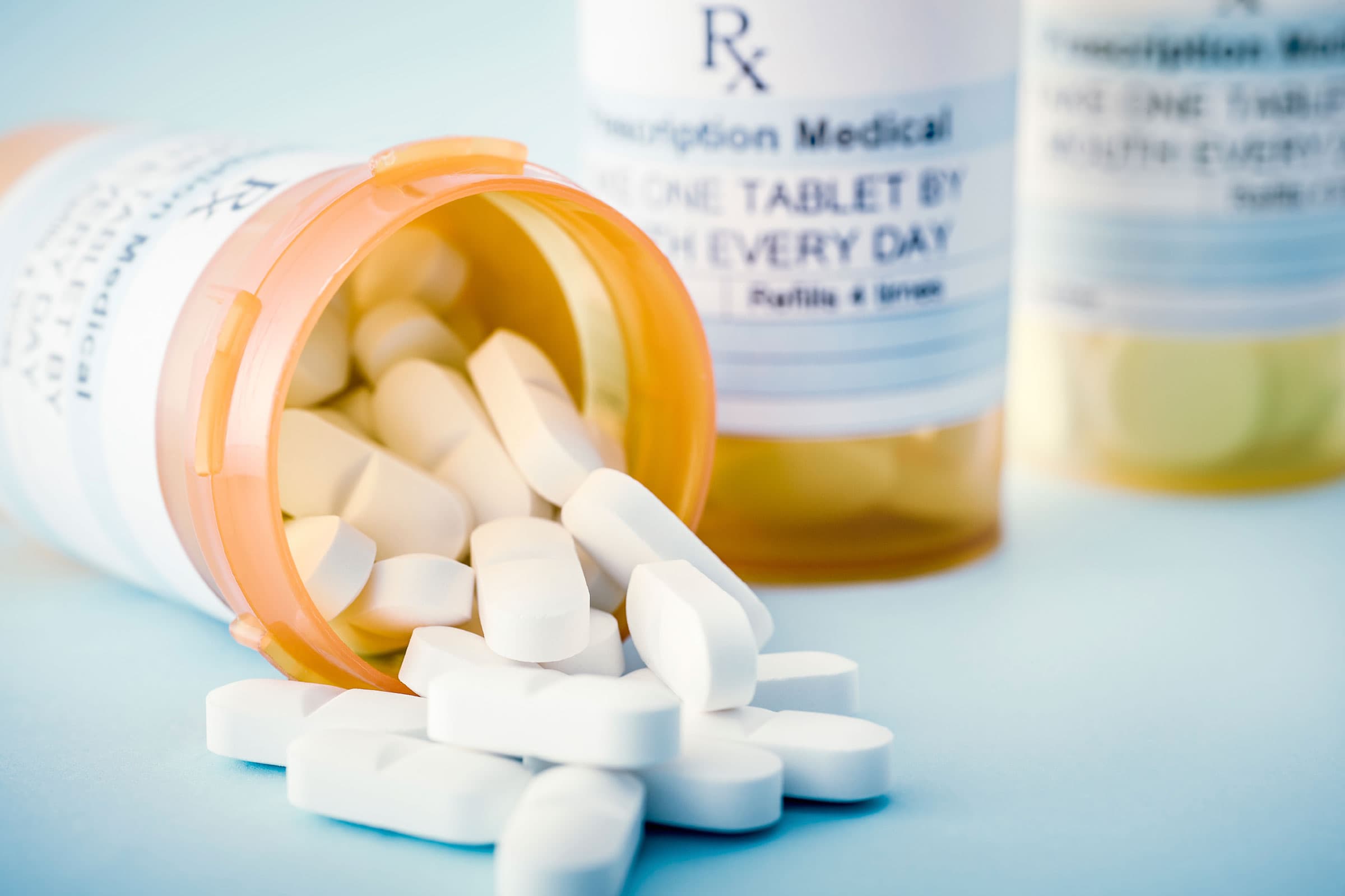
 In Florida and across the country, Americans continue to feel the pressure of rising prescription drug costs. Too often, bad actors in the marketplace take advantage of monopolies, skyrocketing the price of lifesaving medication simply because there is little to no competition.
In Florida and across the country, Americans continue to feel the pressure of rising prescription drug costs. Too often, bad actors in the marketplace take advantage of monopolies, skyrocketing the price of lifesaving medication simply because there is little to no competition.
We need to take thoughtful action, and avoid knee-jerk responses, to solve this issue affecting so many millions. Leveraging the power of the free market and incentivizing competition among drugmakers will drive costs down — not government mandates.
The success of Medicare Part D illustrates how competition in the prescription drug market helps make sure patients can afford the medication they need. Under the Part D program, seniors have a variety of coverage options and stable premium costs. No wonder it has a 90 percent satisfaction rate. Just as important, Medicare Part D has been significantly under budget from original CBO estimates, proving the government does not need to spend absurd amounts to address drug prices.
To be clear, there is no shortage of potential for increased competition in the marketplace. The United States is the undisputed global leader in biomedical innovation. Our companies produce 57 percent of the world’s new medicines and invest $70 billion a year to research and develop new therapies. If we want to spur the discovery of treatments and cures for deadly diseases like cancer, Alzheimer’s and more, we need to allow America’s innovators to do what they do best.
There is a role for Congress to play to keep drug prices in check, which is why I introduced the Lower Drug Costs Through Competition Act to increase competition specifically in the generic drug market. The bill would incentivize drugmakers to develop generic drugs when competition does not exist, or when there is a drug shortage. It would directly address situations like Turing Pharmaceuticals hiking the price of an HIV drug from $13.50 to $750 overnight, or when Mylan raised the cost of the EpiPen by more than 400 percent.
We can modernize the Food and Drug Administration and clear the backlog of generic drugs waiting for approval. We can reduce unnecessary regulations that hinder innovation and competition. We can remove legal and regulatory barriers so insurers and drug innovators can make more arrangements to “pay for performance.” And we can quickly implement the bipartisan 21st Century Cures Act, using real-world evidence and innovative clinical trial design to get new medicines to market faster.
In the end, we all want affordable prescription drugs and a health care system that spurs innovation. I believe the best approach to accomplish this goal is harnessing the power of the free market to bring costs down and get treatments to patients faster.
___
Gus Bilirakis represents Florida’s 12th Congressional District, which includes all of Pasco County and parts of Pinellas and Hillsborough counties. He is a member of the Energy and Commerce Subcommittee on Health.



One comment
Glen Gibellina
May 16, 2017 at 11:47 am
What a novel idea……for the past 50 YEARS
Comments are closed.